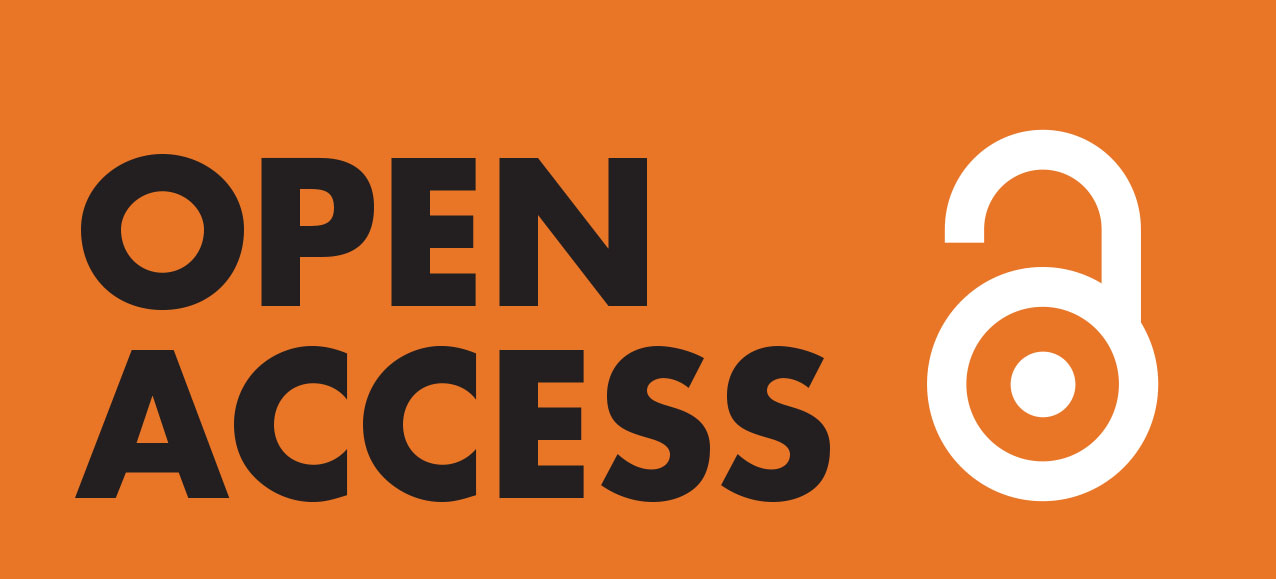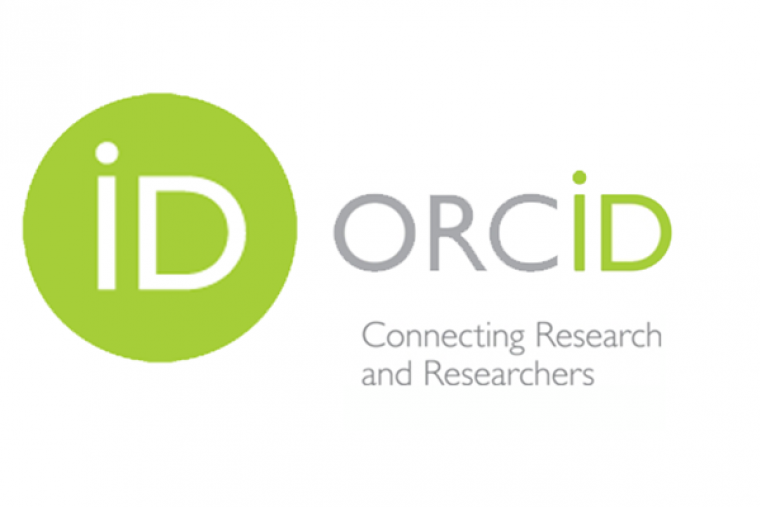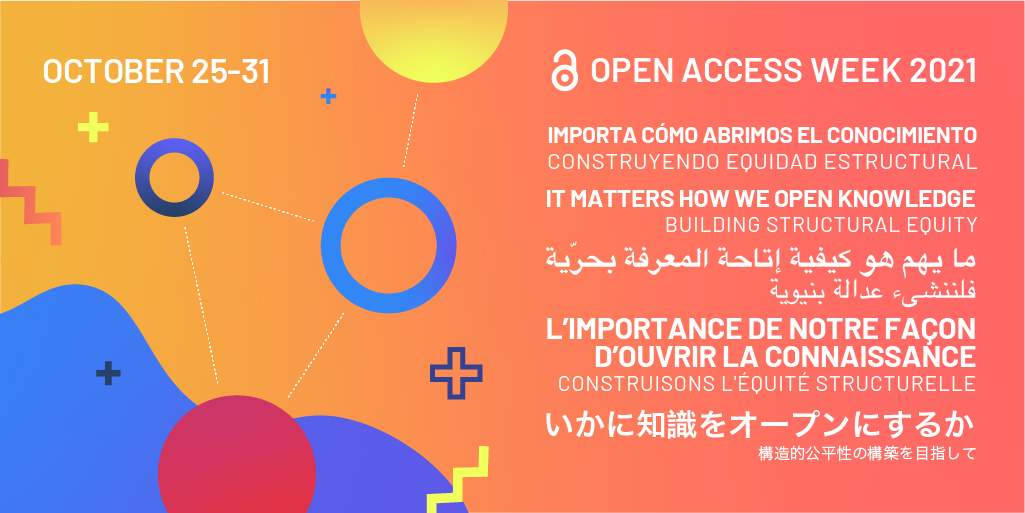Open Access Week 2022: How do we keep the open science momentum going?
This is a guest blog post from Dr Sam Westwood, Lecturer in Psychology at the University of Westminster. Sam founded and runs the RIOT Science Club (https://riotscience.co.uk/), a forum where researchers can learn about Open Research reforms and practices. The RIOT Science club aims to foster Reproducible, Interpretable, Open & Transparent Science. Sam also runs ReproducibiliTea …
Read more “Open Access Week 2022: How do we keep the open science momentum going?”







